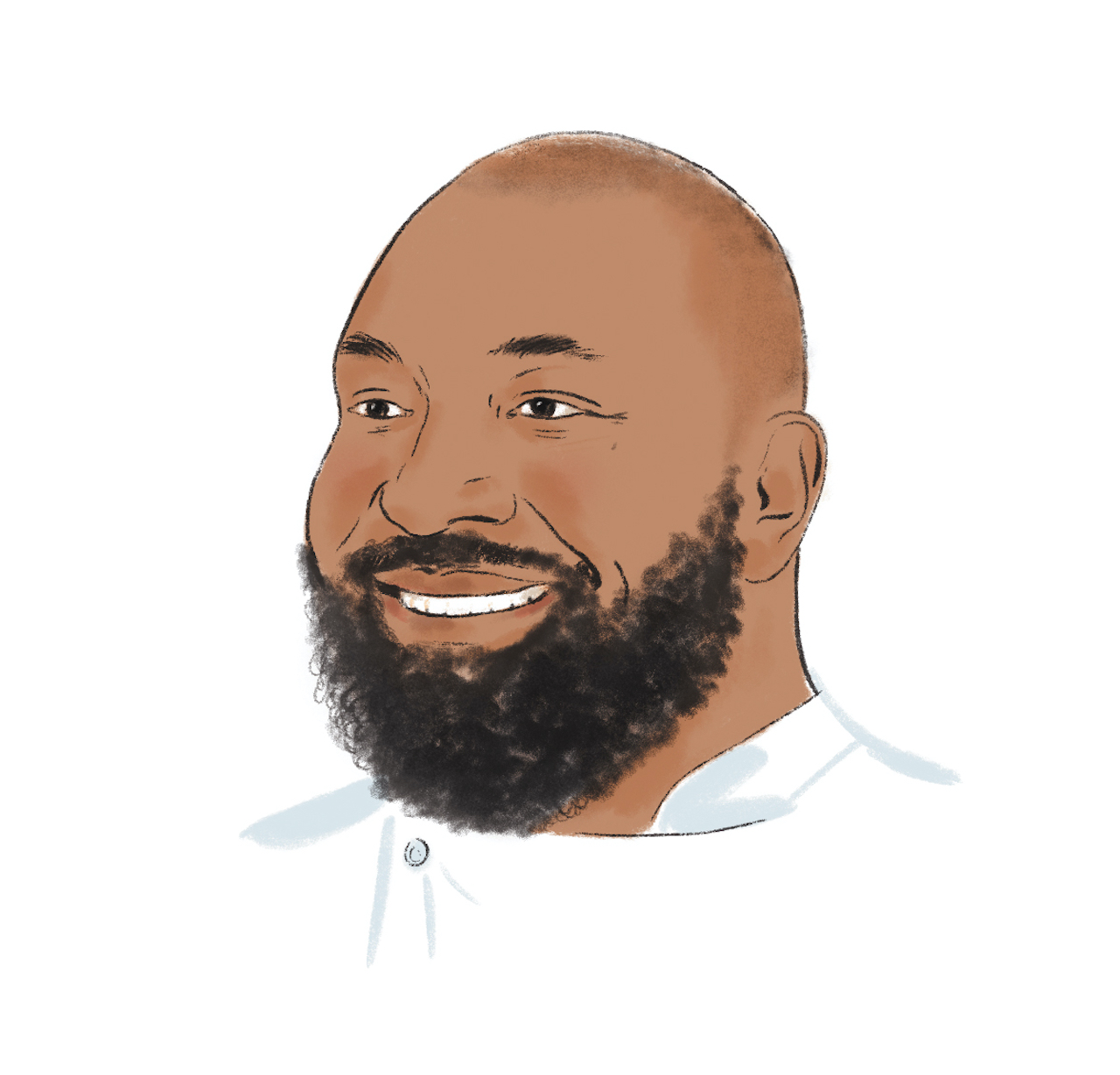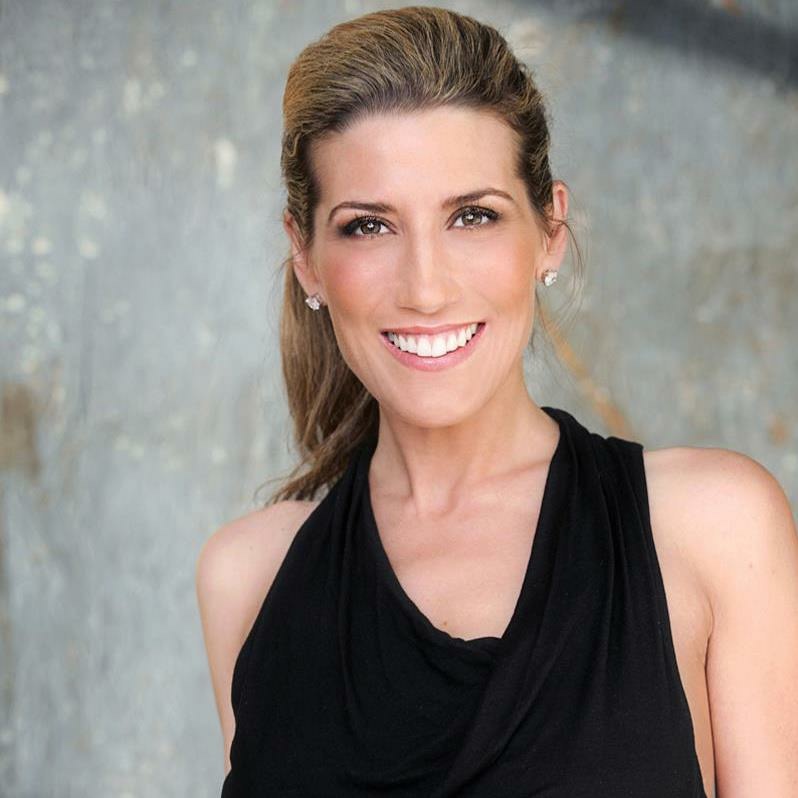

Every issue, GRAZIA USA highlights Game Changers, who inspire, educate, and celebrate individuality, beauty, and style. Meet James Beard-nominated chef Erick Williams of Virtue Restaurant in Chicago.
If I could snap my fingers and make one sweeping change for our country, it would be to implore people to make change and stop making scapegoats. I grew up as a kid in Chicago’s inner city, where neighborhoods don’t always feel so neighborly. The biggest question to any kid in this country is, “What is their chance of success beyond what they see?” People achieve what they can see. And if I don’t see anyone who looks like me in any of these positions, I’m not as inclined to go after it.
It’s unfortunate that we have people growing up in our cities that know violence as an option. But it’s a reality. We need to give people something else to see—and that doesn’t mean a handout. We have to promote the things that are worthy of promoting. We have to talk about them, redefine what excellence looks like, what the standard is. I am a person of faith—hence the reason the name of my restaurant, Virtue—and we have a saying: “Be the change you seek.”
I started at MK in 1998 as the only African-American in the kitchen and it wasn’t because of any kind of discrimination; I was the only person who applied that looked like me. I didn’t know who Michael Kornick was because I didn’t follow his reputation, and there are a lot of folks in our community that don’t really follow the industry.
I started as a salad cook and worked my way up to being Michael’s business partner. I was determined not to be recognized as “the Black guy” versus being recognized as a peer, colleague, and team member for what I was able to produce versus what my skin color looked like. I had a lot to prove—to myself, to the community, to the chefs that were coming in every day and making investments in me.
It was a long journey, but it was a worthwhile one. It was a huge investment on their part in me, and part of what I am very intentional about is continuing that investment. That is an important part of how I got here and my belief in paying it back and paying it forward.
Virtue means “of high moral standard.” So that is part of our practice. We define what it is, what it means to our community, to our families. To us—as people of color. We work really hard to tell a different narrative—different than we would have been talking about at MK. There are clear parallels, however the context is different. At MK, the focus was on technique. At Virtue, the focus is on technique. At MK the focus was farm-to-table. At Virtue, that is the same. The focus at MK was French and Italian roots. The focus here is Southern roots.
The beautiful thing about Southern cookery is we have all these amazing chefs around the country who happen to be Black. Chefs who are representing the diaspora. Folks who are now taking the deeper dive as it relates to the ingredient bases in Africa. Every single culture that came to this country brought their wares, their techniques, their ingredient bases, everything they understood about food, and then they gave it to us and they said, “We need you to produce it.”
As a result of that production, you get Southern food. So Southern food ends up being a bracket of its own, and I would argue that Southern food is on par with—if not better than— some of the cooking we have celebrated in this country. There’s this resurgence, this renaissance of these ingredients and these techniques and this culture that are being launched forward.
So if I boil this down, MK was a celebration of technique and a celebration of cookery. Here, at Virtue, it’s a celebration of culture. We highlight Black culture in a way that feels really good to us. We provide an experience that is rich and that’s very real. We take a very practical approach to affecting and infecting people with both delicious food and hospitality. Cooking happens to be the backdrop and the catalyst for how we convey that culture.
Now, how does it affect the community? They’ve celebrated it.














